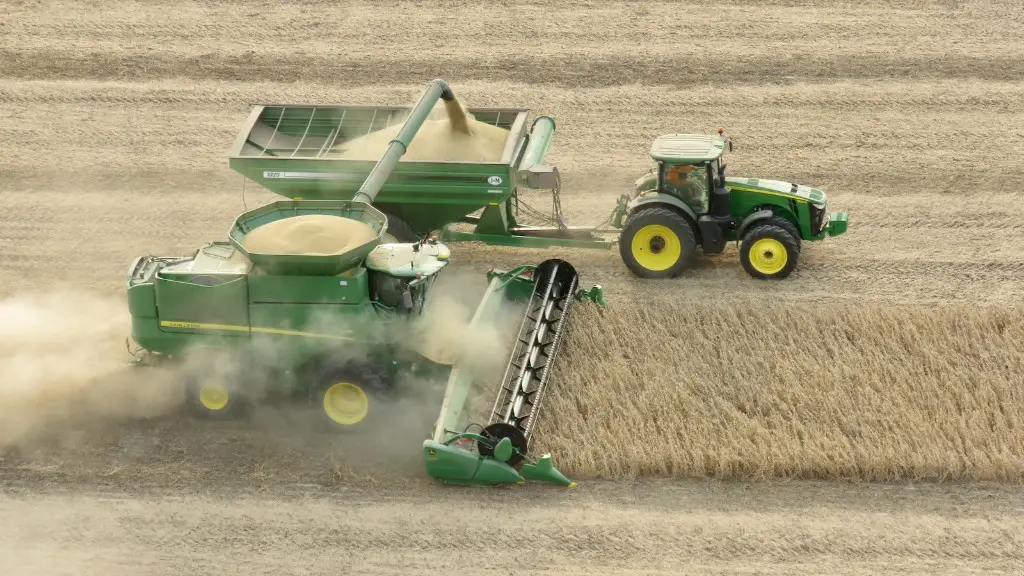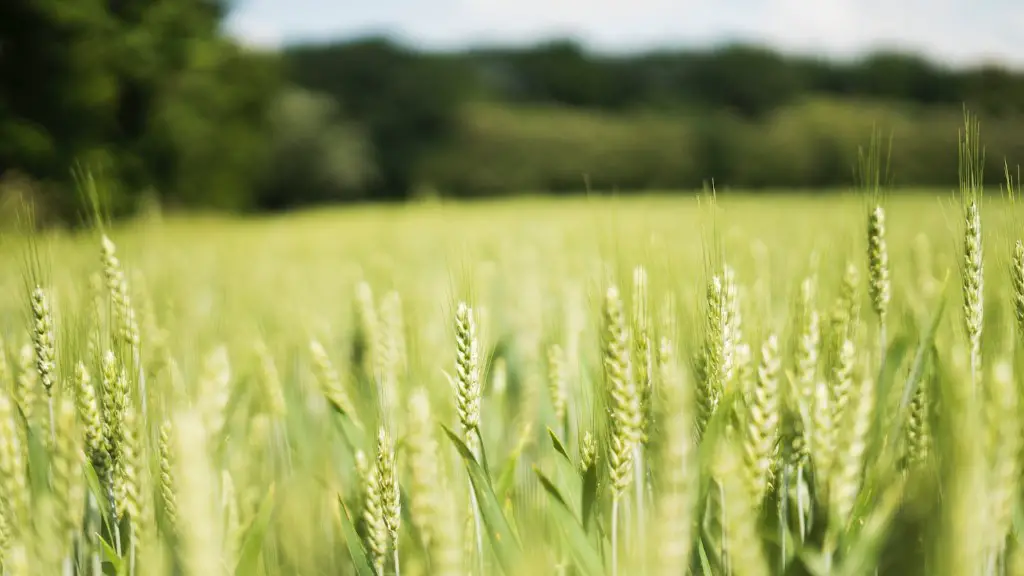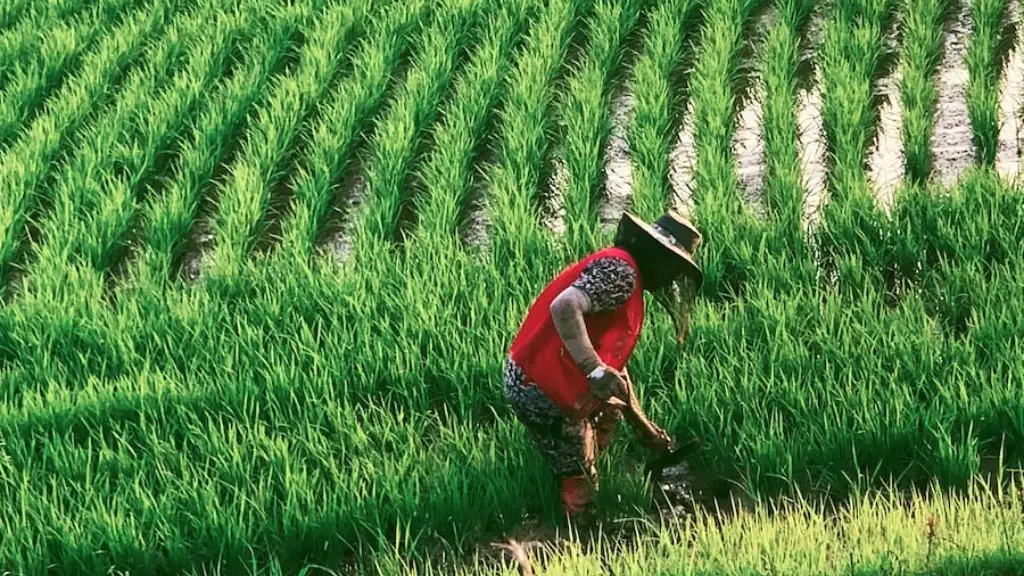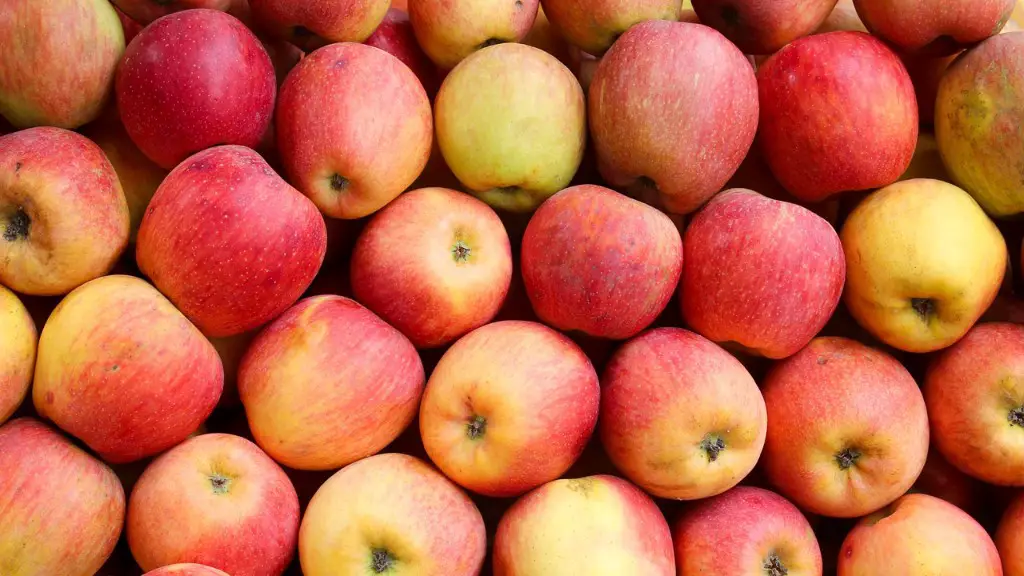Agriculture played a major role in the early American colonies as early settlers relied heavily on the land for their sustenance. Farming was essential for providing food for the families and for trading goods with other colonies. In the 17th and 18th centuries, farming was a way of life for many colonists and the basis for many businesses in the colonies.
Most early settlers arrived in America equipped with tools, tools and seeds for the land. The colonists would clear the land, build structures, and establish crops and livestock. The soil in the colonies was often rich with nutrients. This allowed the early settlers to cultivate a wide variety of crops like maize, beans and squash. These crops also provided an important source of nutrition, and were used as both food and trade goods.
Farmers also took advantage of the local forests and streams for hunting, fishing and foraging. Livestock such as cows, pigs, and chickens, were kept on the farms to provide milk, meat and eggs. These products were then used for trade in the colonies and in other countries as well.
Agriculture had an important impact on the economy. Farms were an important source of employment, and provided a steady income. Farmers would often use their produce to produce other goods such as furniture, clothing and fabrics. This allowed the farmers to sell their goods and use the profits to purchase better and more efficient tools.
The colonists were also able to use the land to produce wheat, barley and rye, which were important ingredients in the production of beer and whiskey. These products were then traded to other colonies and even to European countries, providing a much needed influx of money. In addition, production of tobacco was also a major source of income.
The colonies also had an important role in providing food for the military. The colonists provided food in the form of grain, flour, and corn for the soldiers. This played an important role in supporting the war efforts of the colonies. Farmers also provided horses and other livestock for the war effort, which helped them to be successful in their efforts.
Impacts of Agriculture in the Economy
Agriculture was essential for the growth and development of the economy in the early American colonies. The production of crops and livestock was an important source of income, providing money for the colonies and stimulating the economy. The colonists were also able to use their produce to produce other goods, such as furniture, clothing and fabrics. These goods were then sold to other colonies and countries, providing a much needed influx of money.
Moreover, farming was also a way of life for many colonists, providing them with sustenance and an income. Farmers were able to take advantage of the rich land in the colonies to cultivate a wide variety of crops and livestock. This gave the colonists the ability to trade these goods to other colonies and countries, providing them with an income. The establishment of crops and livestock also provided an important source of nutrition for the colonists.
In addition, agriculture provided the necessary resources for the military to fight the war. The colonies provided food in the form of grain, flour and corn for the soldiers. This helped to support the efforts of the colonies in the war effort. Farmers also provided horses and other livestock for the war effort, which helped bring success in their battles.
Furthermore, farmers were also able to take advantage of the local forests and streams for hunting, fishing and foraging. This gave the colonists an important source of sustenance and the necessary resources for trading goods with other colonies. This allowed the colonists to boost their income and get access to necessary goods.
The production of wheat, barley and rye was an important source of income as well. These ingredients were vital in the production of beer and whiskey. This provided an important form of trade with other colonies and countries and allowed the colonists to gain an influx of money.
Impacts of Agriculture on Society
Agriculture played an important role in the formation of society in the early American colonies. The cultivation of crops and livestock gave the colonists an important source of sustenance to survive in the colonies. This enabled the colonists to have a steady income and the necessary resources for trading goods with other colonies. Moreover, the production of these goods stimulated the economy and provided an important source of income for the colonies.
In addition, the production of wheat, barley and rye was a major source of income as well. The colonists used these ingredients to produce beer and whiskey, which was then traded to other colonies and countries. This provided an important way of trading with other colonies and countries and enabled the colonists to get an influx of money.
Moreover, the production of tobacco was also a major source of income. The colonists used this product to trade with other colonies and countries and get a much-needed influx of money. Furthermore, the production of food for the military also played an important role in the success of the colonies in their war efforts. The colonists provided food in the form of grain, flour and corn for the soldiers, helping to ensure the success of the colonies in their battles.
Agriculture played a major role in shaping the society in the early American colonies by providing people with an important source of sustenance and income. The production of food, livestock and other goods allowed the colonists to trade these goods with other colonies and countries, getting a much needed influx of money. This provided a vital source of income and helped to stimulate the economy in the new world.
Impacts of Agriculture on the Environment
The early settlers in the American colonies had an important impact on the environment. The colonists would clear the land, giving them the space to cultivate their crops. In addition, they would also use the forests and streams for hunting, fishing and foraging. This had an important impact on the environment, as the forests were cleared and the streams could become contaminated.
Moreover, the production of livestock, such as cows, pigs and chickens, was also an important source of income for the colonists. The livestock would produce food and other products which were then used for trading, providing an important source of money for the colonies. This, however, had an impact on the environment as the land was often overgrazed and the streams contaminated due to the production of manure.
The production of beer and whiskey, using ingredients such as wheat, barley and rye, was also an important source of income for the colonists. This, however, had an important impact on the environment, as it involved the production of large amounts of waste which could contaminate the land and the streams.
The colonists also had an impact on the environment by the production of tobacco. This highly addictive product required large amounts of land and resources to be produced. This placed an enormous strain on the environment, as large amounts of land had to be cleared and resources used.
Overall, agriculture was an important source of sustenance, income and trade for the early American colonies. It also had an important impact on the environment, as large amounts of land were cleared, resources used and streams contaminated. This was a necessary activity for the colonists to survive and flourish in their new environment, however it had the potential to cause serious environmental damage.
Impacts of Agriculture on Health
Agriculture was an important source of sustenance and nutrition for the early American colonists. The colonists were able to cultivate a wide variety of crops, such as maize, beans, and squash. These crops provided an important source of nutrition, helping to ensure the health of the colonists.
In addition, the production of livestock, such as cows, pigs and chickens, was an important source of income for the colonists. This allowed them to have access to fresh milk, meat and eggs which were a vital part of their diet. The livestock also generated manure, which was used to fertilize the land, helping to ensure a consistent supply of food and provisions.
The production of beer and whiskey, using ingredients such as wheat, barley and rye, was also a major source of income for the colonists. The ingredients for these products were grown in the colonies and then distilled and brewed. This provided an important source of alcohol for the colonists, and was an important part of their diet.
The production of tobacco was also an important source of income for the colonists, however it had a potentially harmful impact on their health. The highly addictive product contained nicotine, and long-term use of it could cause serious health problems. As such, it was important for the colonists to be aware of the potential health risks of using tobacco, and to seek medical advice if they experienced any adverse health effects.
Overall, agriculture was an important source of sustenance and income for the early American colonists. It provided them with important sources of nutrition, such as crops and livestock. However, it was important for the colonists to be aware of the potential health risks associated with some of the products they were producing, such as tobacco.





